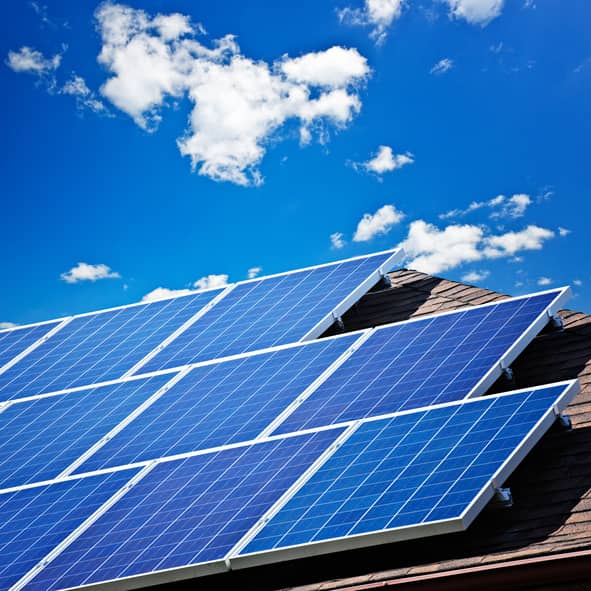U.S. Sens. Tammy Duckworth, D-Ill., and Cory Booker, D-N.J., leaders of the Senate Environmental Justice Caucus, have introduced legislation designed to make solar energy more affordable for low-income families.
Specifically, the Low Income Solar Energy Act would do as follows:
- Expand the Low Income Housing Energy Assistance Program to include up to 25% solar.
- Direct the U.S. Department of Energy (DOE) to create financing programs to help low-income families access solar, such as interest buy downs, grants and loan guarantees. Eligible expenses include roof repair, the cost of installation and community solar subscriptions.
- Provide Section 8 homeowners interest-free loans to install solar and make related infrastructure improvements while ensuring the savings from solar energy are reinvested in low-income families.
- Allow public housing authorities to enter into third-party agreements with solar companies and ensure the money tax payers save is reinvested into these families.
- Update U.S. Housing and Urban Development rules on utility allowances to ensure that savings from solar energy do not lead to commensurate increases in rent.
- Require the DOE to create a solar workforce program that invests in underrepresented groups in the solar industry, including women, veterans, unemployed energy workers and formerly incarcerated individuals.
“All Americans – regardless of whether they have good credit, own a home or live in multifamily building – deserve to be able to access solar energy,” Duckworth says.
Companion legislation was also introduced in the U.S. House of Representatives by U.S. Reps. Donald McEachin, D-Va.; Pramila Jayapal, D-Wash.; and Nanette Diaz Barragán, D-Calif., leaders of the United for Climate and Environmental Justice Task Force, as well as Ben Ray Luján, D-N.M.
“Our country must transition to a clean energy economy and increase access to renewable energies for all Americans,” says McEachin. “That is why our legislation is so important: The Low-Income Solar Energy Act will make it easier for low-income individuals and affordable housing residents to use solar energy.”




